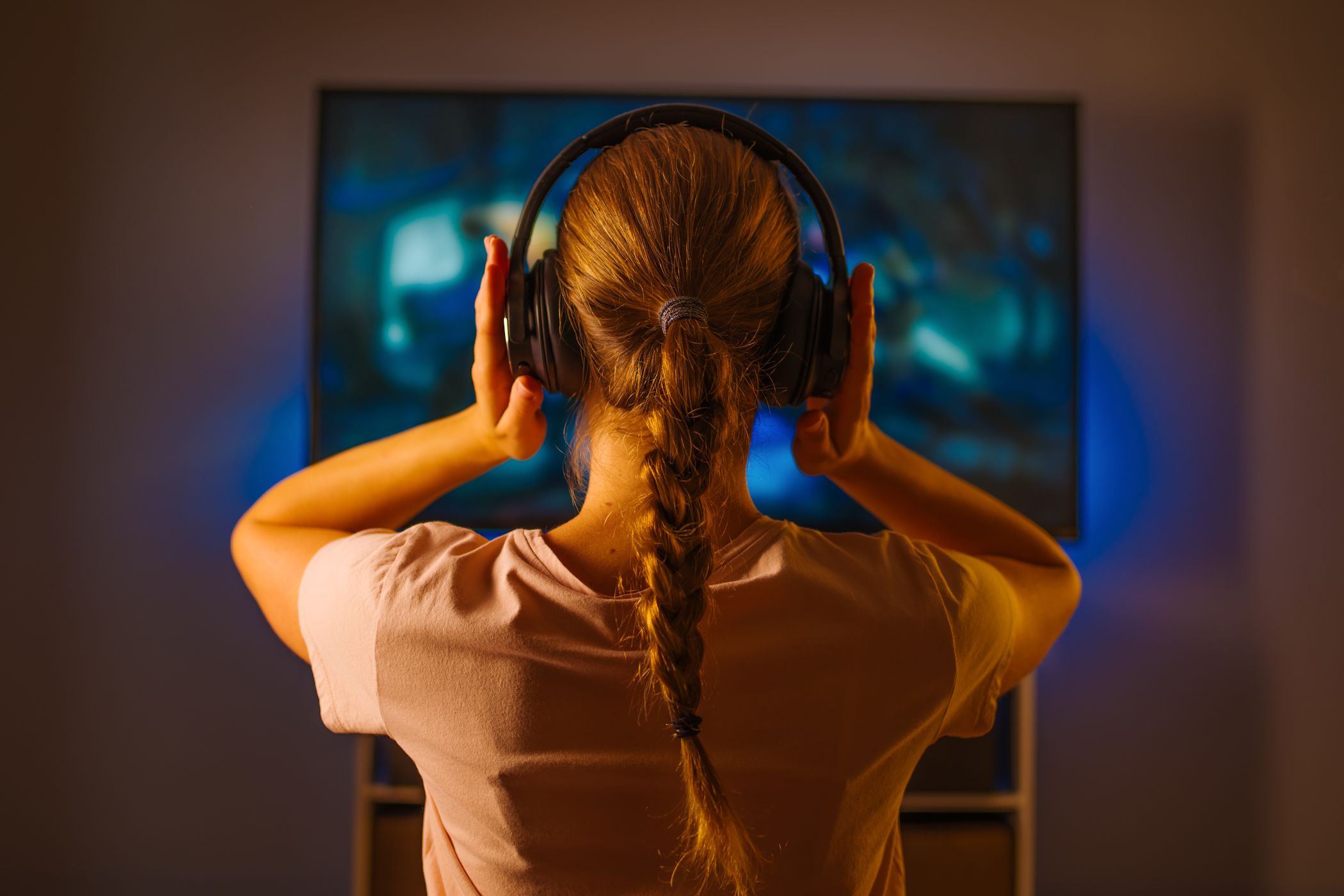As a member of a multilingual household, the subtitles are always turned on for movies and TV. That is, until recently, when I decided to switch them off, and the positive effect has been remarkable.
6
Enjoy a More Immersive Experience
While subtitles have obvious benefits for deaf and hard-of-hearing people and translation purposes, they can detract from the audiovisual experience. It’s surprising how much more I take in when I’m not distracted by the visuals and emotional nuance of a scene. Imagine the time spent flitting between text and images throughout an entire movie. Not only can this increase mental fatigue, but it also means you’re missing many of the subtleties within the entertainment.
After removing the subtitles, I’ve become more engaged with the actors’ expressions, the cinematography, and the movie’s or show’s overall atmosphere. I find that I appreciate the production values much more, and I am more immersed in the dialogue, instead of simply keeping up with the events on the screen.
5
Improve Your Listening Skills
When we read subtitles, many of us have an inner monologue that accompanies the text, or we are focused chiefly on the wording as it appears on the screen. For me, it served to enhance my comprehension of the dialogue and became a crutch that I came to rely on. All of a sudden, I realized that watching a movie was comparable to reading a novel, and I was missing out on essential audio cues.
Without subtitles, I am forced to focus more on the audio, which helps sharpen my ear for different accents, tones, and natural speech patterns. Modern production values incorporate amazing sound effects and soundtracks across a broad soundstage, which is somewhat diluted when your attention is divided between screen, text, and audio.
4
Better Focus on the Dialog
Reading can sometimes make me skim or jump ahead. Without text to rely on, I am encouraged to fully listen and stay present in the moment. This is especially important when watching movies where delivery and nuance are crucial.
For example, I’m just as happy watching the latest Marvel blockbuster as I am a Coen brothers movie, but with the latter, you might miss important subtleties in the dialogue if you’re not paying full attention to the screen. I recently watched Conclave with Ralph Fiennes—a highly atmospheric film—without subtitles. I found it to be a very satisfying experience while fully immersed in the performance, whereas I would have likely found it incredibly boring if I were forced to read along with the script.
3
Increase Your Language Fluency
Living in Asia, it’s not unusual for us to watch Filipino, Korean, and Japanese movies at home from time to time with the subtitles on. However, we tend to predominantly watch movies and shows in English, and subtitles have been very helpful to my partner in this regard, as it’s not her first language. However, as her English skills improved, she found that turning the subtitles off and focusing on the dialogue became more helpful in advancing her fluency.
Watching without subtitles can accelerate fluency by training the brain to understand context, idioms, and slang in real time. Picking up on visual cues, such as facial expressions and hand gestures, helps paint a comprehensive picture of what a person is trying to say and enables us to gauge responses more effectively. Despite what my parents used to say, TV can be a valuable educational tool, but there will come a time when it is beneficial to turn the subtitles or captions off.

Related
Captions vs. Subtitles: What Are the Key Differences?
Adding subtitles or captions to your content makes it more accessible. But how do you know which one to add? Let’s explain the difference.
2
Benefit From Less Screen Clutter
We are spoiled by the quality of modern flatscreen TVs, which turn our living spaces into scaled-down cinemas. So why blight your beautiful high-definition screen with large bodies of text that impair the view?
Subtitles can get in the way of important on-screen elements, especially in visually rich shows or movies. They can also obscure text that is already on the screen, including incidental subtitles or visual cues that are essential to the narrative. By turning them off, I have noticed that I appreciate the unbroken vista and become more immersed in what’s on the screen.
1
Train Your Memory and Comprehension
While you’re more likely to remember what you read versus what you hear, watching TV without subtitles can help you improve your comprehension and retention of auditory information. This is a valuable skill for remembering things on the fly and learning from verbal instructions. As we get older, it becomes even more important to retain what we hear. By turning the subtitles off, we subconsciously improve our ability to memorize and learn.
Of course, there are still many benefits to using subtitles. For example, when I want to hear barely audible dialogue and avoid missing information, such as when I’m following on-screen instructions while cooking. There are even occasions when speech is hard to hear in the mix, especially when viewing media with heavy bass frequencies through a subwoofer, as I experienced while watching Mad Max: Fury Road.
With that said, listening is a crucial part of comprehending, retaining, and enjoying audiovisual media. If you usually watch TV and movies with subtitles, try turning them off for a change and see if it makes a difference in how you enjoy and remember the experience as a whole.










Leave a Comment
Your email address will not be published. Required fields are marked *